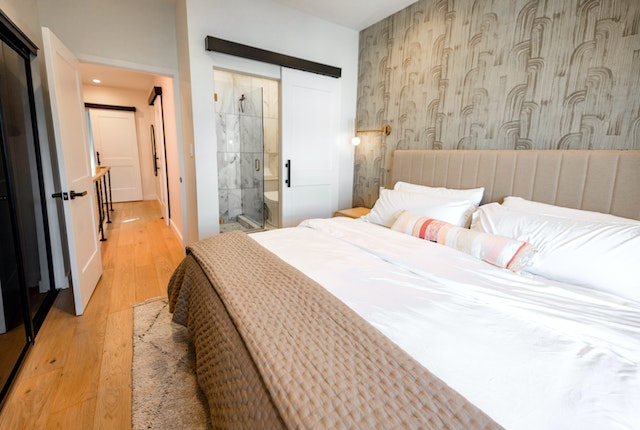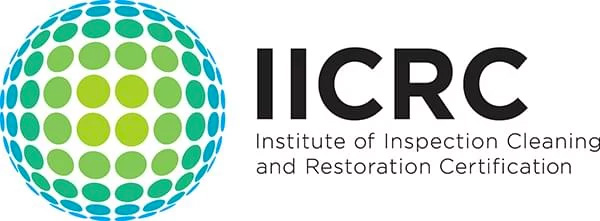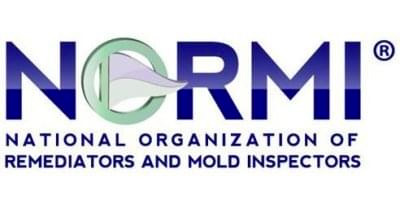How to Choose the Right Air Purifier for Your Florida Home
As our collective understanding of air quality increases, so does our awareness of the air we breathe and our ability to improve it. Consequently, air purifiers are becoming more of a necessity in households. A good air purifier can remove numerous allergens from our homes, as well as smoke, dust, and pollution.
With the surge in demand, there is now a greater variety of options available, as numerous brands release their own air purifiers with innovative features. Finding the ideal one, however, requires considering your specific needs, as well as those of your home and lifestyle.
It does not always mean choosing the "best" purifier on the market, but rather the one that best suits your circumstances. Choosing the right air purifier for your Florida home involves several key considerations to ensure you get the most effective solution for your specific needs. Here are some important factors to keep in mind:
1. Room Size and Coverage Area
- Match the Purifier to Room Size: Ensure the air purifier you select is suitable for the size of the room where it will be used. Manufacturers often specify the maximum square footage an air purifier can handle.
- Multiple Units for Larger Spaces: If you need to purify air in larger spaces or multiple rooms, consider purchasing more than one unit or a whole-house air purifier.
2. Types of Filters

- HEPA Filters: High-efficiency particulate air (HEPA) filters are highly effective at trapping small particles like dust, pollen, and pet dander.
- Activated Carbon Filters: These are good for removing odors, smoke, and chemicals from the air.
- UV-C Light: Some purifiers include UV-C light to kill bacteria and viruses, which can be beneficial in humid environments like Florida.
3. Pollutant Types
- Allergens: If you suffer from allergies, choose a purifier with a HEPA filter to capture pollen, dust mites, and pet dander.
- Odors and VOCs: For homes with strong odors or volatile organic compounds (VOCs), an air purifier with an activated carbon filter is essential.
- Mold and Bacteria: In humid climates like Florida, consider a purifier with UV-C light or a filter designed to reduce mold spores and bacteria.
4. Humidity Levels
- Dehumidifying Feature: Some air purifiers come with built-in dehumidifiers, which can be beneficial in Florida's humid climate to prevent mold growth and improve air quality.
- Humidity Sensors: Look for air purifiers equipped with humidity sensors that can automatically adjust settings to maintain optimal humidity levels.
5. Noise Level
- Quiet Operation: Check the noise level, especially if you plan to use the purifier in a bedroom or living area. Look for models that have a low decibel (dB) rating.

- Multiple Fan Speeds: Air purifiers with adjustable fan speeds allow you to choose a quieter setting during nighttime or when you need a peaceful environment.
- Sleep Mode: Some air purifiers come with a sleep mode feature, which reduces the noise level and dims the display lights for a more restful night.
- Noise Dampening Technology: Look for models that incorporate noise dampening technology to further reduce operational sounds.
6. Energy Efficiency
- Energy Star Rated: Consider air purifiers that are Energy Star certified to save on electricity bills, especially since they might be running for extended periods in a humid climate.
- Power Consumption: Check the power consumption of the air purifier in watts. Lower power consumption means lower operating costs over time.
- Auto Mode: Some air purifiers have an auto mode that adjusts the fan speed based on the air quality, helping to conserve energy by only using higher power when necessary.
- Timer Settings: Models with programmable timers allow you to set the purifier to run only during specific hours, reducing unnecessary energy usage.
7. Maintenance and Filter Replacement
- Ease of Maintenance: Look for air purifiers that are easy to clean and maintain.
- Filter Replacement Cost: Check the cost and availability of replacement filters. Some models have reusable filters that can be washed, which might be more cost-effective in the long run.
8. Smart Features
- Air Quality Sensors: Some purifiers have sensors that monitor air quality and adjust the purification level automatically.

- Smart Connectivity: Models with Wi-Fi connectivity can be controlled via smartphone apps, allowing you to monitor and control the air quality remotely.
9. Budget
- Initial Cost: Determine your budget for the initial purchase.
- Long-Term Costs: Consider the long-term costs of filter replacements and energy consumption.
10. Brand Reputation and Reviews
- Trusted Brands: Choose brands with a good reputation for reliability and customer service.
- Customer Reviews: Read reviews to get insights into the real-world performance and durability of the air purifier.
11. Warranty and Support
- Warranty: Check the warranty period and what it covers.
- Customer Support: Ensure the brand offers good customer support in case you need assistance with the product.
Bottom Line
Selecting the right air purifier for your Florida home is a vital step in ensuring a healthy and comfortable living environment. By considering factors such as room size, filter types, noise levels, energy efficiency, and maintenance requirements, you can find an air purifier that best meets your specific needs and lifestyle.
Features like built-in dehumidifiers and smart connectivity can enhance the functionality and convenience of your air purifier. Remember, a clean air filter not only improves air quality but also contributes to the longevity and efficiency of your HVAC system.
For comprehensive air quality management, including addressing potential mold issues, it's essential to go beyond just using an air purifier. Reach out to Markham Services for expert mold inspection and testing.
Their professional team can provide thorough assessments and effective solutions, ensuring your home remains a safe and healthy space for you and your family.


